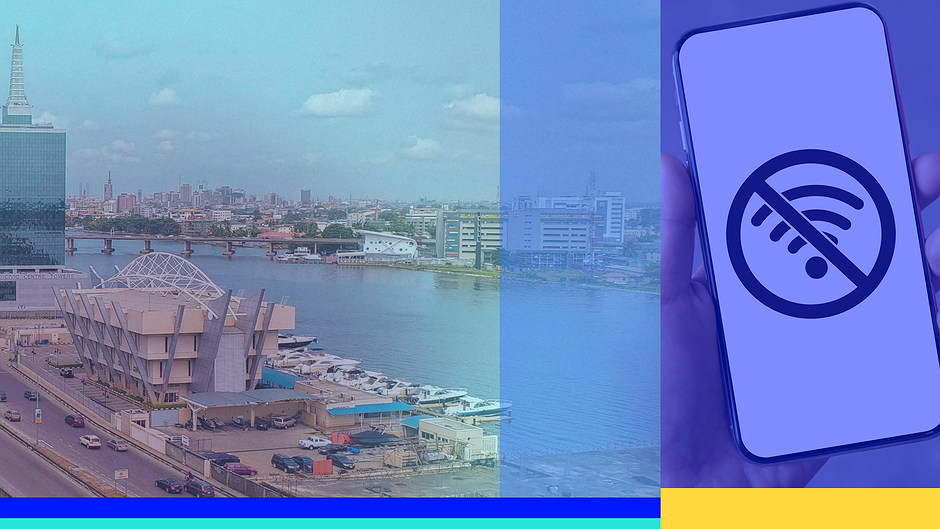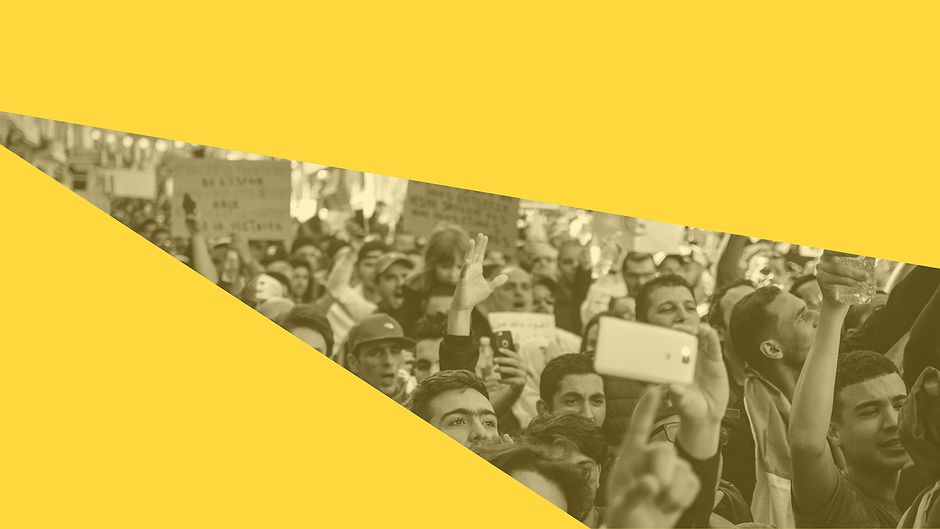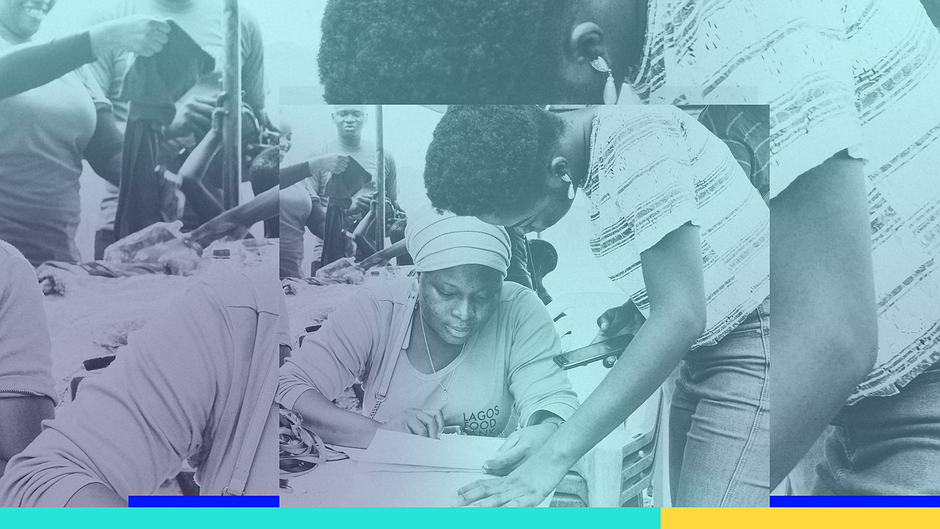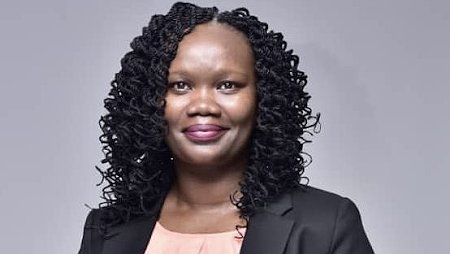Law
60 mins
Diplomacy and the UPR for Human Rights Advocates
- Abstract:
- This course provides an overview of how civil society organisations and human rights advocates can engage actors in the Universal Periodic Review. These actors include in-country and Geneva-based diplomats and other international, regional and local organizations who lobby for recommendations that advance the rights to freedom of expression, access to information, media and other digital rights at the Universal Periodic Review sessions.
- About this course:
- Diplomatic engagement is vital in ensuring that civil society organisations can influence Member States of the United Nations Human Rights Council and in particular the Human Rights Council Working Group on the Universal Periodic Review to integrate international and regional norms through proposing recommendations that can improve governance, democracy and human rights in the States Under Review (SUR). This course enhances CSOs skills on advocacy and lobbying recommending States, the Working Group and States under Review (SURs) in making and accepting recommendations that promote and protect human rights.
- What do I learn:
- You will learn about the processes, methods and tools to use in order to effectively lobby for recommendations that advance digital rights with diplomats and UN representatives before, during and after the Universal Periodic Review (UPR). You will also be introduced to Small Media’s UPR tools that will further enhance your advocacy knowledge and skills in engaging with the UPR mechanism. A practical overview of high level advocacy and lobbying and the contemporary challenges that characterise such advocacy will be enunciated.
- What do I need to know:
- The course is suitable for civil society organisations, human rights advocates, journalists or anyone interested in the United Nations human rights procedures. It is also suitable for anyone interested in engaging embassies, diplomats and UN Representatives with respect to the UPR process. Prior knowledge of engaging with the UPR and other UN human rights procedures would be ideal but not necessary.
Trainers
- 1.1 Introduction to course1.2 An Overview of the UPR
- 2.1 Diplomacy and the art of advocacy at the UPR2.2 Understanding how to lobby Recommending States and States under Review2.3 Networking & Alliance Building for effective lobbying2.4 Bi-lateral meetings and diplomatic engagement before, during and after the UPR
- 3.1 The role of the media in amplifying the UPR3.2 How and when can the media get involved?3.3 UPR Media strategy3.4 Media Access to Geneva
- 4.1 SMALL MEDIA’S UPROAR TOOLS
- 5.1 Impact of UPR on states and CSOs5.2 UPR Impact - Case study
- 6.1 The changing face of UPR advocacy and diplomatic engagement6.2 UPR Covid-19 measures for meetings at the Palais des Nations
- 7.1 Wrap up video
Related courses

40 mins
 Privacy International
Privacy International
40 mins
 Privacy International
Privacy International Privacy International
Privacy International
35 mins
 Privacy International
Privacy International
Suggested reading

Blog
Building Capacity for Monitoring & Documenting Human Rights Violations
The purpose of this assessment is to evaluate the efficacy of strategies used by HRPs/HRMOs for communicating during blackouts. The goal of this project envisages to see a ZimbabweanCivilSociety that is prepared to document and monitor human rights violations without hiccups during internet shutdowns.

Blog
Advocacy Assembly Internet Shutdown Academy: Creative Strategies to Fight Back
Internet shutdowns are occurring increasingly globally, posing significant threats to freedom of expression, access to information & economic growth. These shutdowns manifest in various forms through different technical measures & are implemented by governments in various circumstances. Responding to this threat of internet shutdowns, Advocacy Assembly designed the Internet Shutdown Academy, a set of 10 full online courses in 7 languages!

Blog
Evaluating the Efficacy of State-Imposed Telecom Shutdowns in Northwest Nigeria
This article casts doubt on the shutdowns' effectiveness in curbing banditry, exposing alternative explanations for any temporary decrease in attacks. It questions the legitimacy of justifying these shutdowns as effective counter-terrorism measures, advocating for alternative approaches that prioritize community engagement, human rights, and development initiatives to address the root causes of insecurity and foster lasting peace in Northwestern Nigeria and Nigeria at large.

Blog
Impact of the Twitter Ban in Nigeria
This post is a research study on the impact of the Twitter ban in Nigeria on Human Rights Monitoring, Advocacy and Creativity. Read more.

Blog
Four Free Toolkits to Fight Internet Shutdowns
Let’s tell you a little bit more about each toolkit!

Blog
The Impact of Internet Disruptions on Farmers in Nigeria
In Nigeria’s Northwestern Sokoto State, farm workers grapple with geopolitical challenges, shifting climate realities, and economic turbulence. However, they now face a new, growing threat: a troubling rise in internet disruptions, which threatens their ability to work in an increasingly digitally connected world. Read more.
